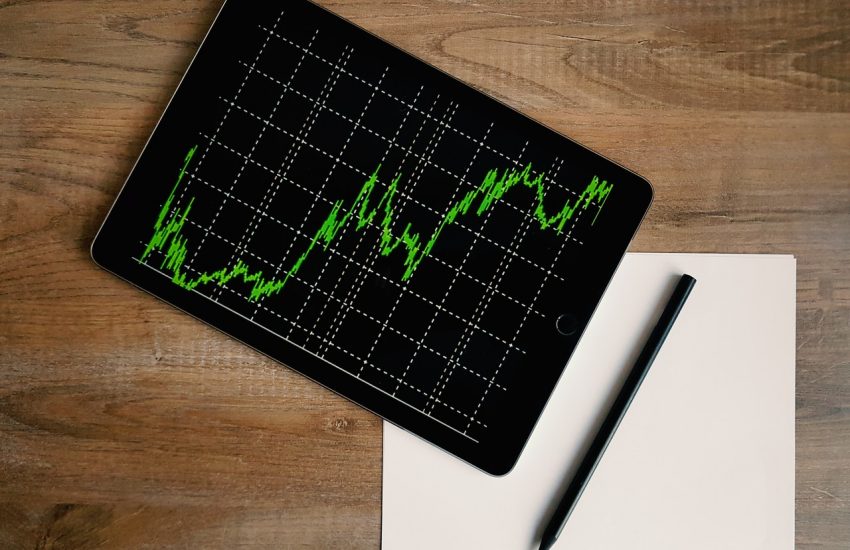What is a Contract for Difference?
In recent years together with the traditional spot or forward operations on Forex, the so-called CFDs (contracts for difference) have developed.
The CFD has the added advantage that instead of making the physical exchange of a financial asset between two parties, it simply adjusts the difference between the closing time of the transaction and its opening.
Obviously, the players in the field are brokers and traders.
CFDs are therefore derivative contracts where the customer gets the benefits in terms of profits in case the price of the underlying asset increases compared to the entry price; vice versa, losses occur in the opposite situation, or when prices are lower than the entry level at the moment of selling.
CFDs can, therefore, be used not only in the forex market but also for indices or individual stocks; in the latter case, the customer will be able to speculate on the price action without physically owning the title.
When the customer opens a CFD trade on the platform of the broker, he participates in the position that may result in a profit or a loss, but that has no expiry date. As in the case of forex, transactions that are not closed in the evening, but that undergo a roll the next day, every CFD position at the end of the day is closed and then reopened automatically after charging or crediting losses and interests.
Since the CFD is a margin product, it requires a constant monitoring and maintenance of minimum margins, and if the amount deposited is lower than that required by the market, then the “margin call” occurs. In this case, the trader must quickly pay the money on the account in order not to risk the liquidation of the position by the broker.
Obviously, the chance of being able to operate at the margin gives the trader a great advantage; he will not be forced to invest the entire amount required on an underlying index/asset, but rather only a percentage that will control the full amount of the financial instrument.
The margin may be initial, as a real trading account payment on the guarantee of the first operation, or a variable margin, fixed on the basis of the underlying price dynamic.
The leverage and the ability to go long and short, however, are the real advantages of operating in CFDs.
The initial margin is the key that allows the trader to offer as a guarantee the amount of money that thanks to the leverage will control a significantly higher amount of the tool thus offering potentially higher profits (or naturally higher losses).
CFD contracts are considered OTC (Over the Counter) and pass through brokers called CFD handlers. Trading rules, underlying assets available for trading, costs, margin requirements are just some of the requirements that a customer should read carefully about before signing any contract with a CFD broker.



